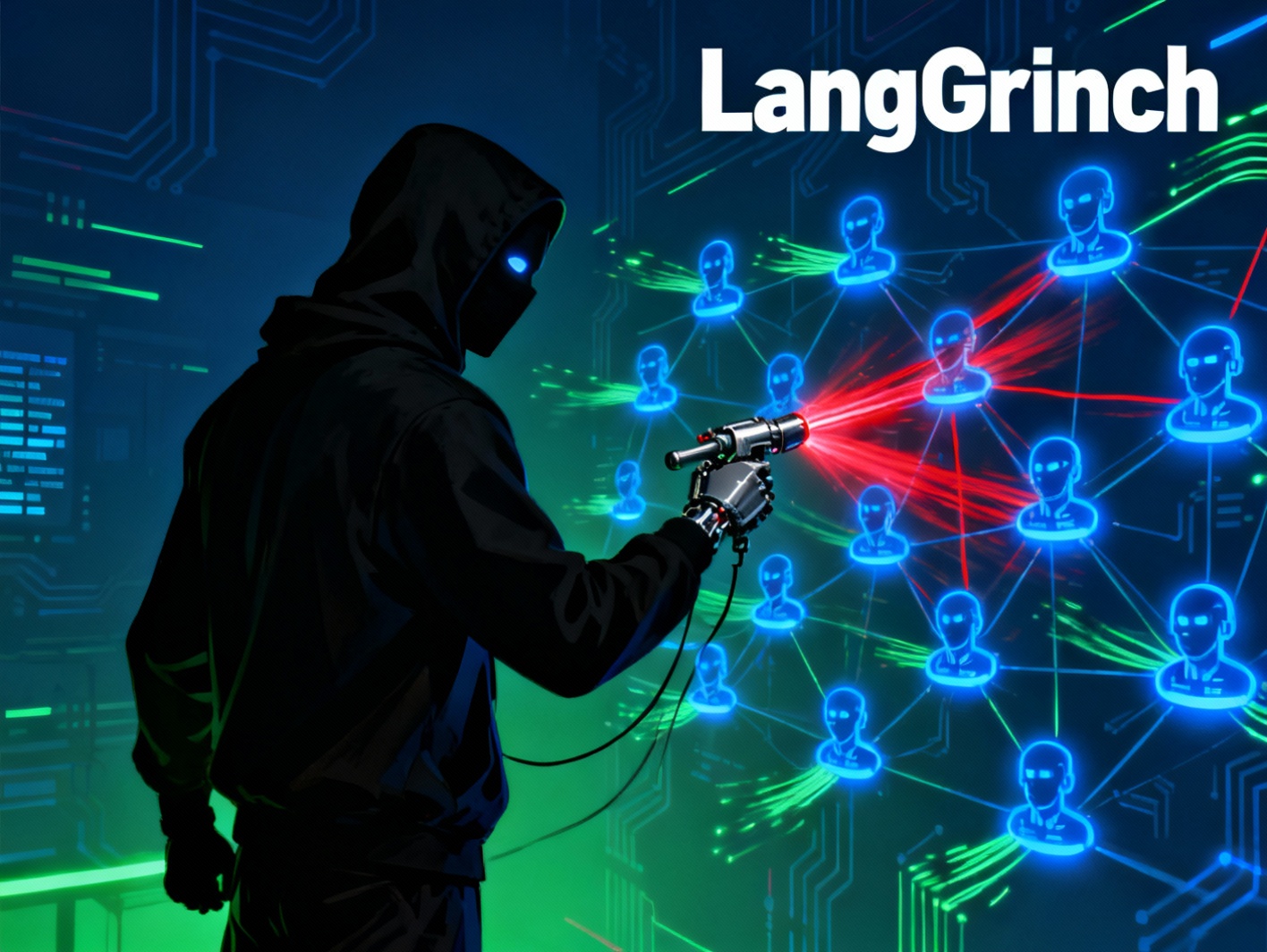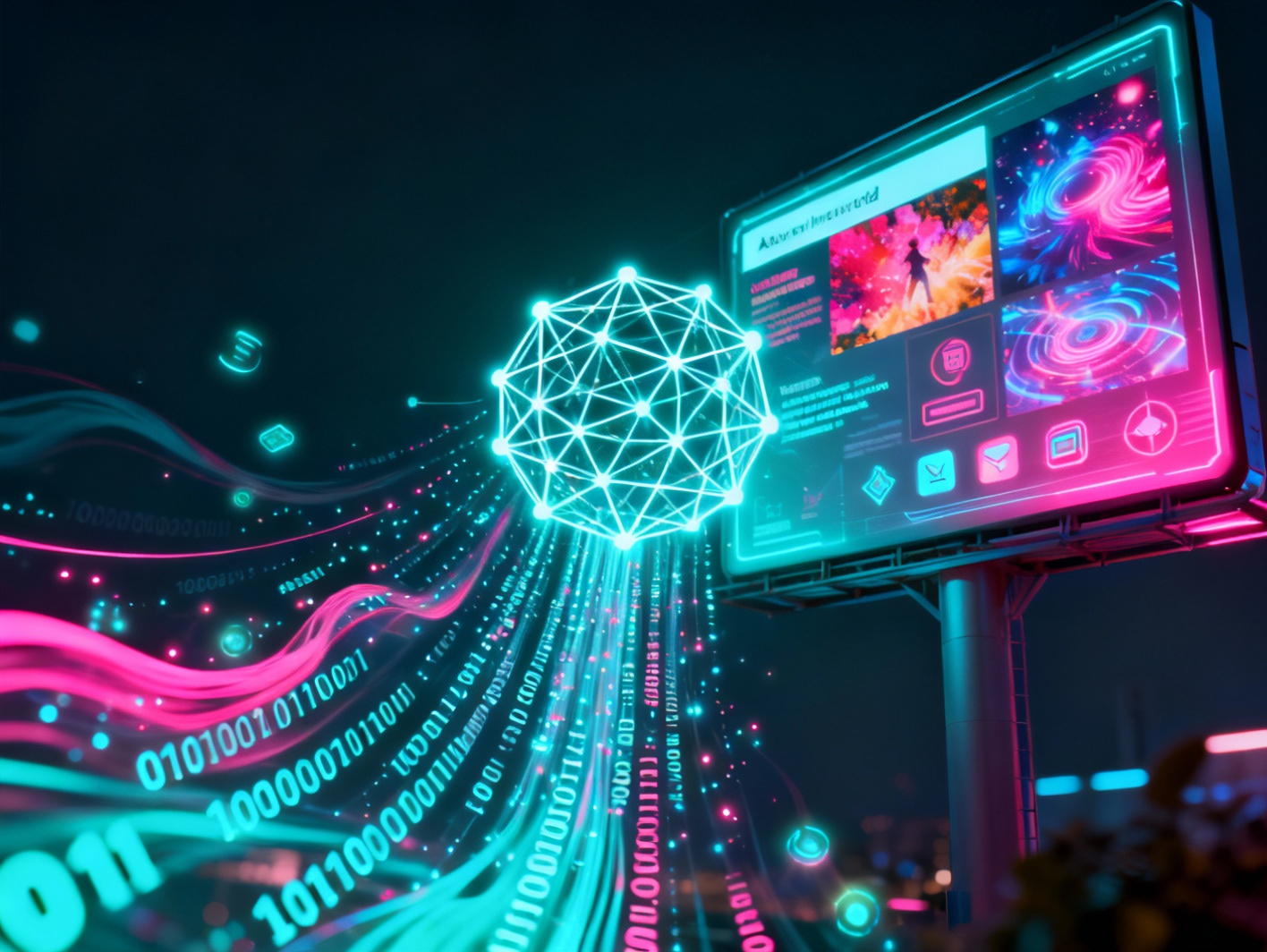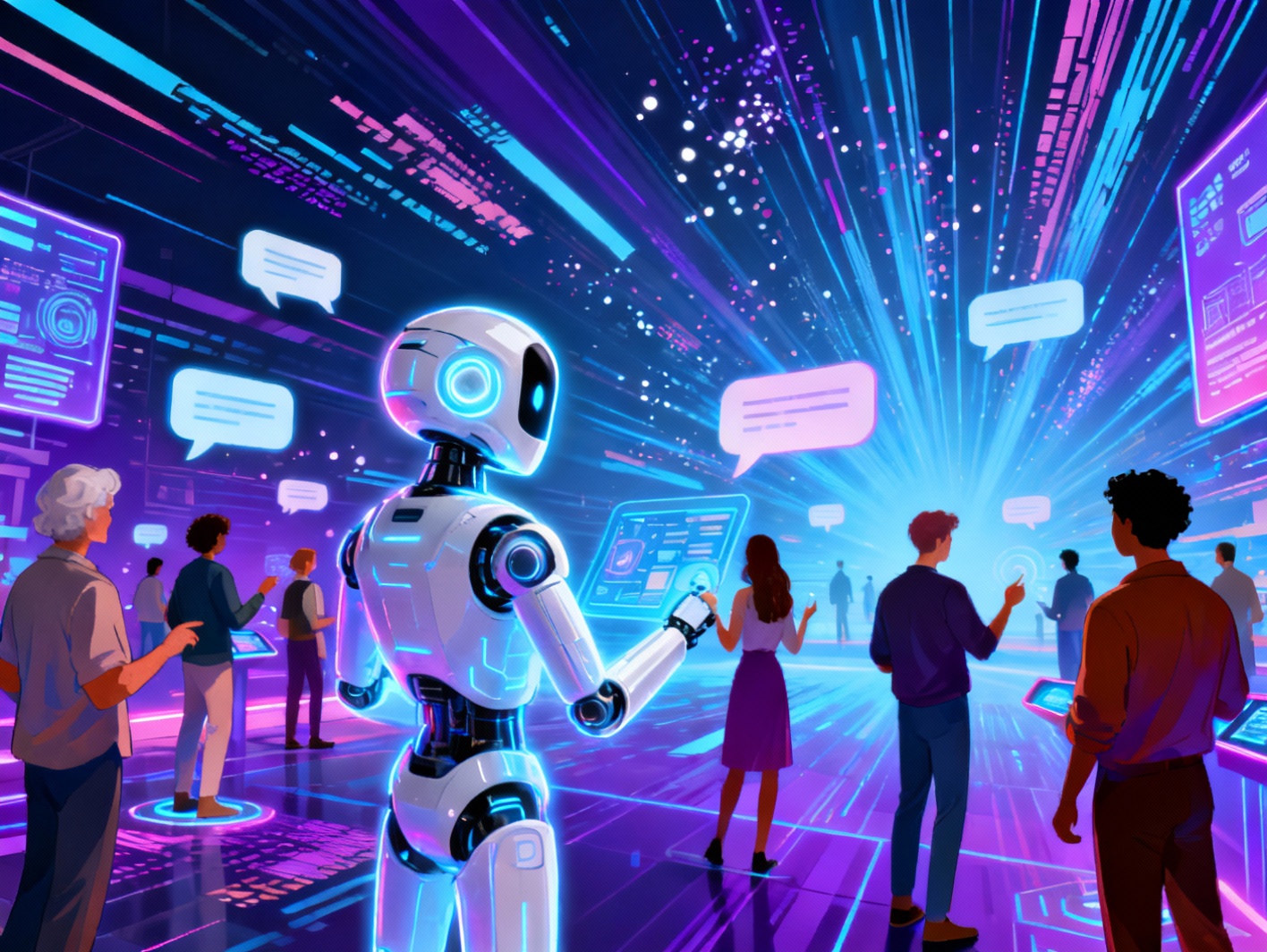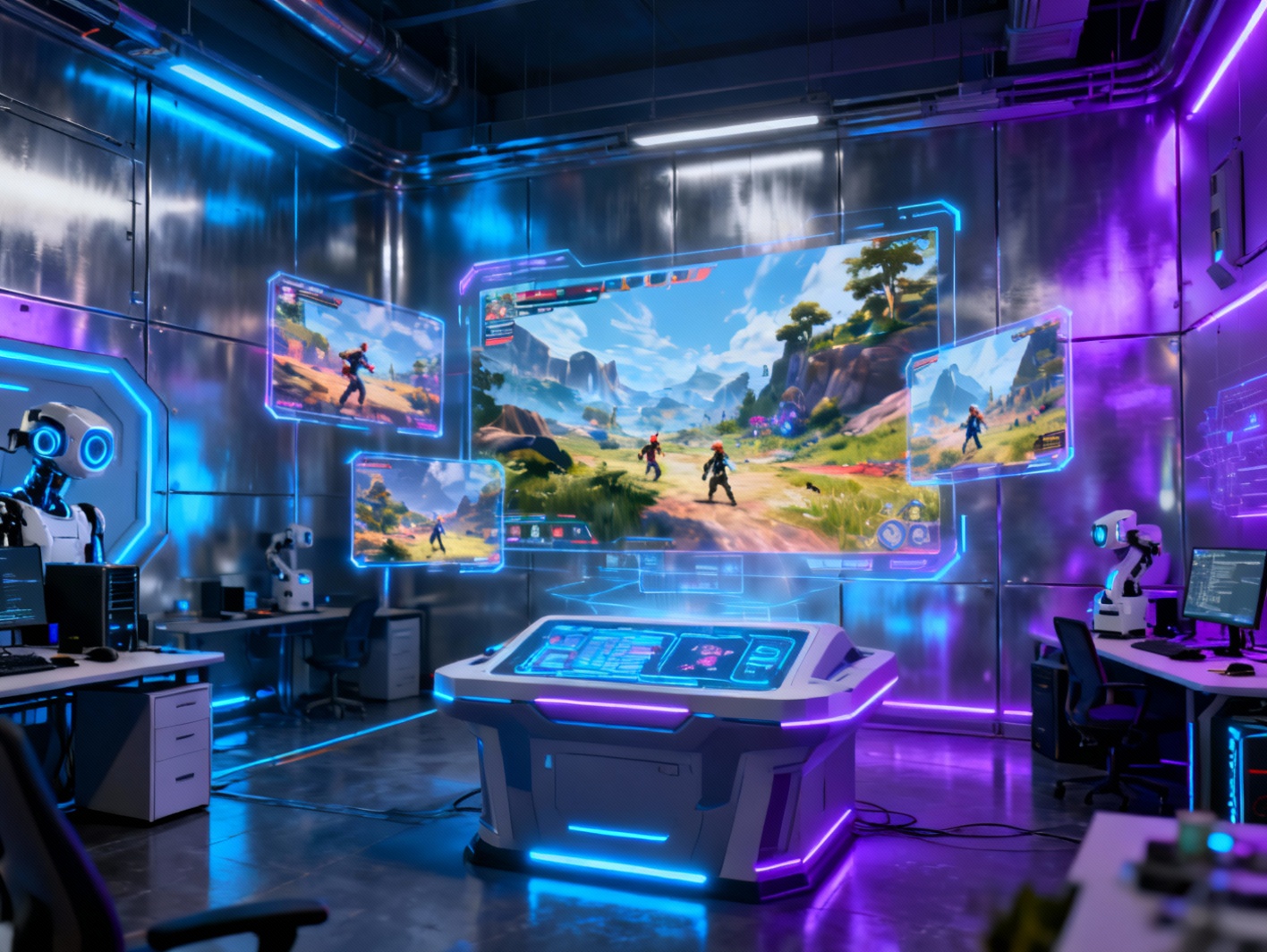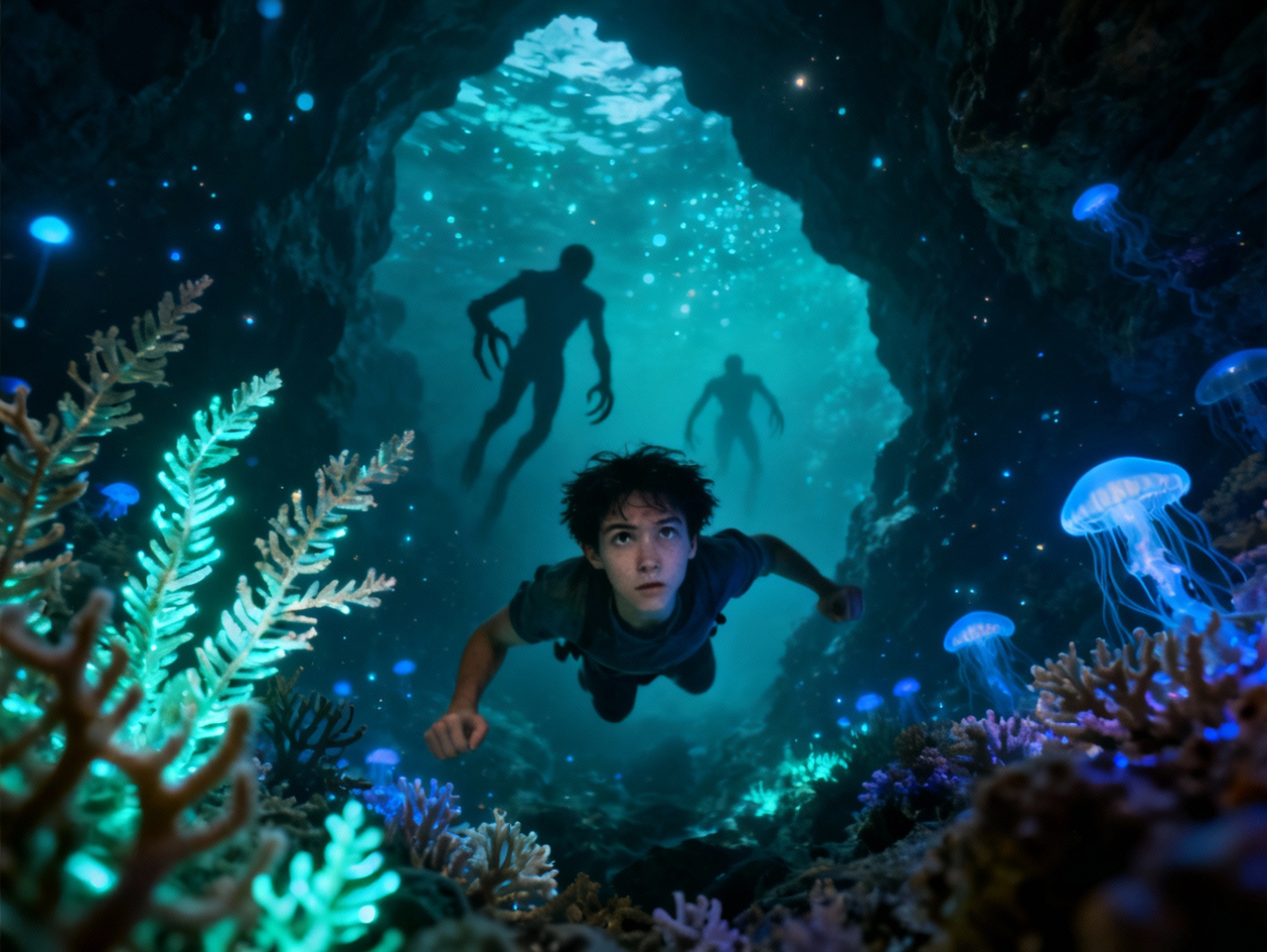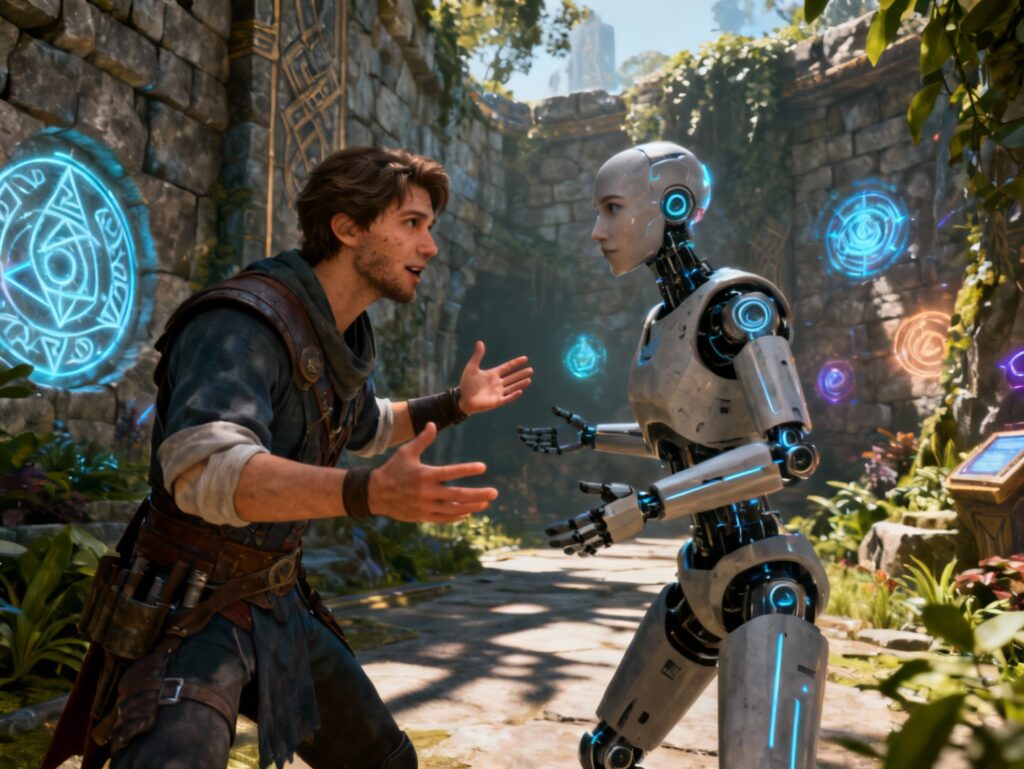
Table of Contents
- Introduction
- The Evolution of NPCs in Gaming
- Ubisoft’s Foray into Generative AI
- Technological Collaborations Enhancing AI NPCs
- The ‘Teammates’ Experience: A Glimpse into AI-Driven Gameplay
- Industry Perspectives on AI as a Revolutionary Force
- Future Prospects and Challenges of AI in Gaming
- Conclusions
Ubisoft is reshaping the future of gaming by integrating generative AI into non-player characters (NPCs), introducing a new era of immersion and player agency. Much like the groundbreaking shift from 2D to 3D graphics, AI-powered NPCs are poised to redefine how players interact with virtual worlds. Traditional NPCs have long operated within restrictive boundaries, offering limited dialogue and predictable scripts. Ubisoft’s latest innovations represent a major leap forward, promising dynamic conversations, emotional realism, and contextual awareness on an entirely new level. This article explores the evolution of NPCs, the cutting-edge AI initiatives by Ubisoft, and how these developments are set to influence the broader landscape of video game design and storytelling.
The Evolution of NPCs in Gaming
NPCs have been a fundamental part of video games since the earliest text-based adventures. In those games, they served as quest-givers, merchants, or enemies with a predefined set of reactions. As graphics and gameplay evolved, so did NPCs, taking on more complex roles in open-world games and narrative-driven titles. However, despite these improvements, most NPCs remained limited by scripted behavior. They often repeated the same lines and only responded to specific triggers. Developers faced significant constraints due to memory limitations, development time, and the inability of traditional systems to simulate realistic personality or understanding. Attempts to create dynamic NPCs often resulted in mechanical or awkward conversations. The lack of spontaneity in human-NPC interaction has long been a bottleneck for immersion. Over time, natural language processing and procedural generation hinted at solutions, but they remained far from mainstream implementation. The need for believable, reactive characters was clear, setting the stage for the adoption of generative AI. This technology, capable of generating meaningful dialogue and adaptive behavior on the fly, provides game creators with an opportunity to overcome many of the long-standing challenges associated with NPC design.
Ubisoft’s Foray into Generative AI
In 2024, Ubisoft unveiled its groundbreaking NEO NPC prototype at the Game Developers Conference, showcasing a new generation of AI-powered non-player characters. The NEO prototype demonstrated how generative AI could be used to produce open-ended dialogue and spontaneous interaction, moving beyond rigid conversation trees. This advancement addresses a critical limitation of traditional NPCs—their inability to adapt fluidly to diverse player inputs. Created using Ubisoft’s internal Snowdrop engine, NEO NPCs can interpret player speech and deliver custom responses without relying on prewritten dialogue options. These characters express nuanced understanding of player intent, emotions, and context. During the demo, players held natural conversations with NPCs whose responses were unpredictable yet immersive, reflecting personality traits and memory of past encounters. Ubisoft engineers emphasized that this isn’t superficial AI layering but a systemic integration that aligns with game narratives. This initiative aims to make NPCs more than mechanical interaction points. They become authentic companions and characters within virtual worlds. Ubisoft’s commitment to shaping NPC behavior using generative AI opens unprecedented creative possibilities, allowing players to experience characters that evolve with them across a game’s journey.
Technological Collaborations Enhancing AI NPCs
A key part of Ubisoft’s generative AI vision is built on strategic collaboration with industry leaders like NVIDIA and Inworld AI. These partnerships are helping Ubisoft develop NPCs that aren’t just intelligent and interactive, but also emotionally expressive and context-aware. NVIDIA’s contribution comes through its advanced tool, Audio2Face, which allows real-time facial animation driven by dynamic audio input. This means an NPC’s facial expressions can immediately reflect the emotion and tone of their speech, creating visually lifelike interactions that match their verbal responses. Meanwhile, Inworld AI brings its Large Language Model into the mix. Their technology powers the minds of NPCs, enabling conversation that is not only grammatically sound but also emotionally resonant and responsive to contextual cues. For instance, an NPC might change their attitude towards the player over time, based on past dialogue choices and behavior. The blend of Audio2Face and Inworld’s LLM ensures that NPCs are not just reacting to the player, but also evolving as part of the game’s world. With these partnerships, Ubisoft is stepping into a future where NPCs think, feel, and grow. This creates deeper emotional connections with the player and amplifies narrative depth, making game worlds more immersive than ever before.
The ‘Teammates’ Experience: A Glimpse into AI-Driven Gameplay
Ubisoft’s ‘Teammates’ project demonstrates how generative AI can be used to develop responsive, believable companions within game environments. Unlike static NPCs that trigger preset lines and actions, the AI-powered teammates respond in real-time to a player’s spoken instructions. In the demo, players could use voice commands to direct their teammates during a mission, with the NPCs reacting contextually, adjusting behaviors, and even asking clarifying questions. This interactivity introduces a new level of agency for players, as teammates react not just to what’s said, but how it’s said. For example, urgency in a player’s voice might affect how fast the NPC acts. These AI teammates also remember the player’s previous decisions and behaviors, shaping future interactions. Such elements allow for a dynamic co-op experience where NPCs feel like true allies rather than programmed followers. Ubisoft used the project to experiment with blending voice recognition, emotional analysis, and procedural AI to mimic human communication patterns. This creates a game experience where relationships with characters feel personalized and alive. The ‘Teammates’ prototype isn’t just a feature showcase—it’s a glimpse into how future games might blur the line between scripted content and emergent storytelling, offering players a more personalized and adaptive game world.
Industry Perspectives on AI as a Revolutionary Force
Ubisoft CEO Yves Guillemot has likened the integration of AI in gaming to the landmark transition from 2D sprites to 3D environments. He argues that generative AI has the potential to revolutionize how games are made and experienced. By introducing AI-enhanced NPCs, Guillemot envisions a future where characters have agency, personality, and the cognitive ability to interact seamlessly with players. This isn’t just a technical upgrade—it transforms storytelling, allowing game designers to rely less on branching dialogue trees and more on emergent narratives shaped by AI systems. Guillemot’s statements reflect Ubisoft’s broader ambition: to lead a shift where AI becomes a central pillar in game development pipelines. This could enable faster iteration cycles, enhanced worldbuilding, and richer player interactions. More importantly, it marks the merging of procedural systems with creative design, an intersection that could dramatically reduce development costs and timeline. For the gaming industry as a whole, this signals a rethinking of production workflows. AI doesn’t replace creativity—it redefines it, offering new ways for storytellers and designers to collaborate with intelligent systems. This evolution brings both promise and challenge, as studios adapt to a model where characters are no longer written as static, but computed, responsive, and alive.
Future Prospects and Challenges of AI in Gaming
Looking to the future, AI-powered NPCs offer a wealth of possibilities for transforming gaming experiences. With dynamic personalities, evolving behaviors, and the ability to understand context and emotion, NPCs can become true narrative agents that enhance world-building and player immersion. Games could feature characters that remember your name, past conversations, and moral decisions, changing how stories unfold. This level of realism could make game worlds feel more like social ecosystems than scripts. However, this advancement also invites important challenges. One of the most pressing is ethics—especially when AI characters simulate human emotions or mimic real people. Developers must ensure transparency, consent, and avoid manipulating players emotionally without agency. Another concern is the balance between machine-generated content and human creativity. Relying heavily on procedural AI risks diluting carefully crafted narratives or world design. Studios must find the right equilibrium, where AI augments artistic vision rather than replacing it. Additionally, questions about moderation, data security, and maintaining narrative consistency need to be addressed. As AI evolves, so must our understanding of how it fits into cultural storytelling. With responsible design and ethical guardrails, the integration of AI in gaming could unlock experiences that are more human, diverse, and emotionally resonant than ever imagined.
Conclusions
Ubisoft’s embrace of generative AI signals a turning point for the gaming industry, moving us closer to interactive worlds populated by responsive, emotionally intelligent characters. As NPCs gain the ability to think, understand, and adapt, games become richer, more immersive arenas of storytelling and exploration. This evolution mirrors past technological leaps, such as the rise of 3D graphics, shifting both player expectations and developer capabilities. However, with great innovation comes responsibility. Game creators will need to uphold ethical standards, preserve creative integrity, and ensure AI remains a tool that enhances rather than dominates storytelling. If balanced wisely, generative AI can help usher in a new golden age of game experiences that feel alive, personal, and profoundly human.


